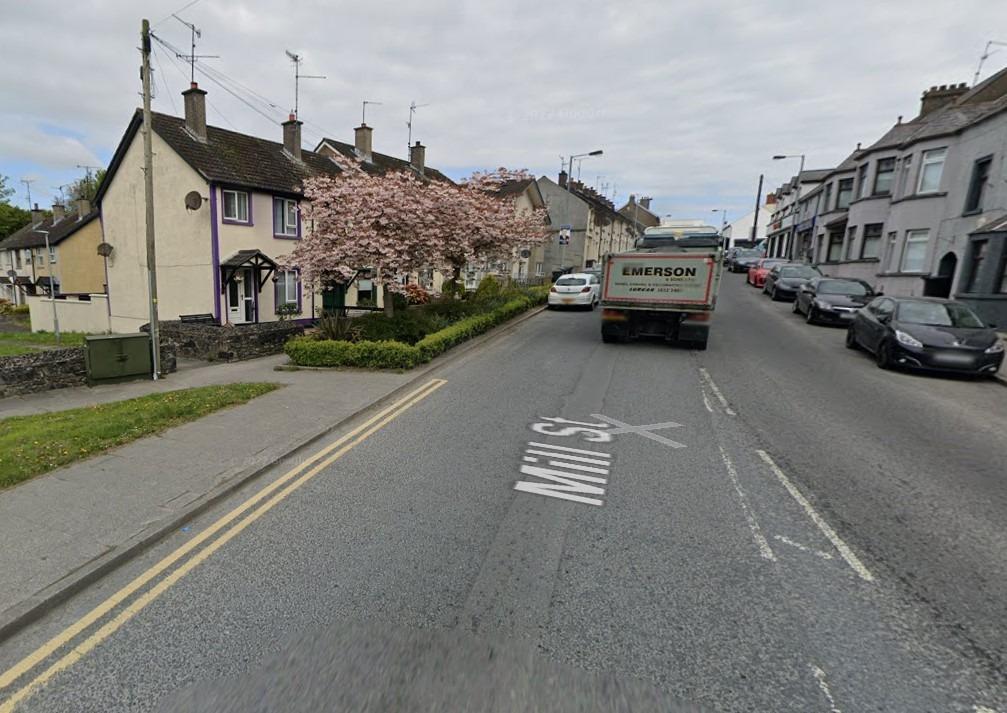Spring is is finally here and with the warmer spring weather and sunshine at last, garden birds like robins have been spotted flocking back to bird feeders, tree banches and bird tables in strong numbers recently. UK gardens can be a home to all sorts of wildlife and as the snowy and icy weather starts to fade and the sun comes back out, more and more garden birds are now flocking into our outdoor spaces - if you leave the right foods out for them. Gardeners are being urged to focus on four key foods for robins, which are one of the most common and most popular garden birds in the UK.
If you want robins to return to your garden this spring, you should leave four key foods out: mealworms, seeds, fruit and insects. Bird feeding experts GardenBird said: “One interesting fact about the Robin is its keenness to rise early and be one of the first to tune up to Dawn Chorus with its fluting, warbling sound. Interestingly, Robins vocalise differently through the year, with a much more melancholy sound over winter, which become progressively chirpier towards the breeding period in spring.

"If you’re lucky enough to have Robins visit your garden frequently, be aware they love to eat worms, seeds, fruit and insects. A favourite bird food is suet balls or one of our specially formulated premium mixes such as the Robin & Blackbird No Mess Mix." The RSPB also encourages gardeners to leave food out for robins all year round including spring and summer but to avoid fat based foods like suet when the weather is very hot, as it can melt, and to avoid peanuts in spring, which can choke young birds.
Their advice says: "During the spring and summer months, birds also require high-protein foods, especially while they’re moulting. "Be careful with peanuts, fat and bread during spring and summer. If you want to feed peanuts only do so in rigid mesh feeders that will not allow sizeable pieces to be removed, since these could be a choking hazard to chicks.
Home-made fat balls can melt in warm summer weather, and should be avoided. The RSPB Super Suet products are resistant to melting in heat." As ever, be sure to regularly clean any bird tables to avoid the risk of spreading disease.
That's because the RSPB recently recalled flat bird tables while it investigates whether they may be contributing to the spread of a virus affecting songbirds including finches in particular..
Environment

Robins will thrive in your garden if 4 foods are left on bird feeders

Robins are garden favourites but they won't return to your garden unless you leave out four key foods on bird tables.















